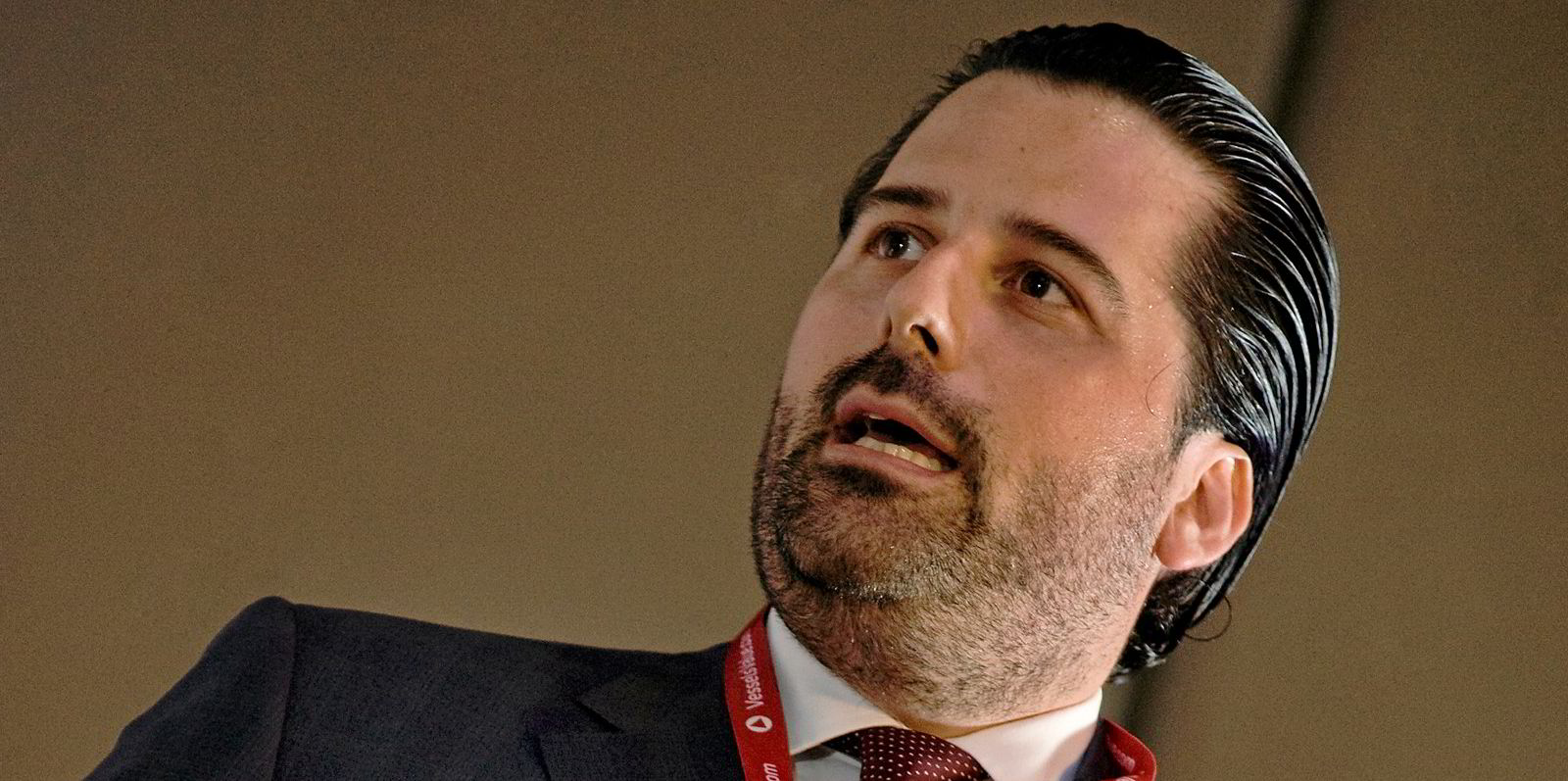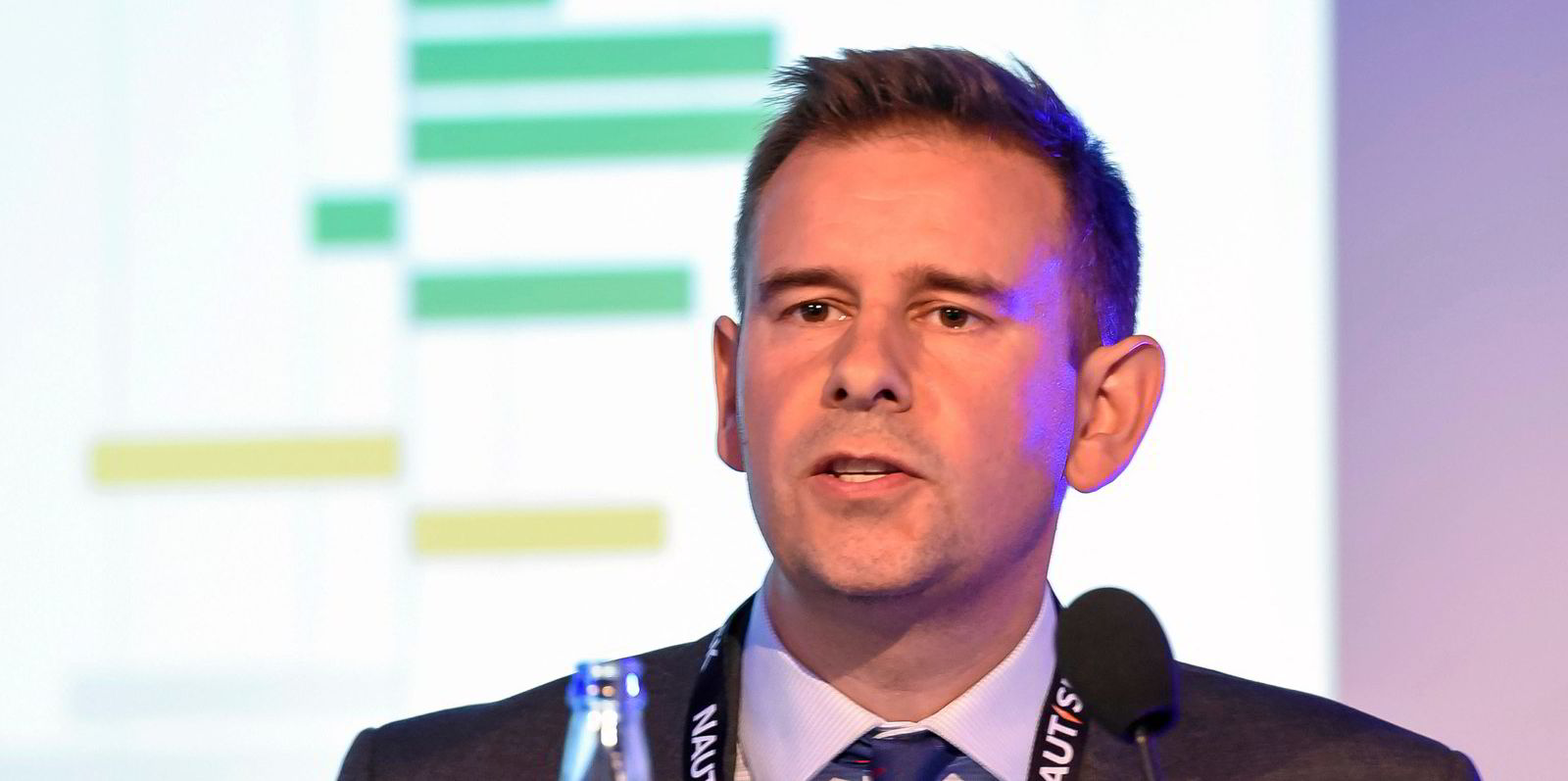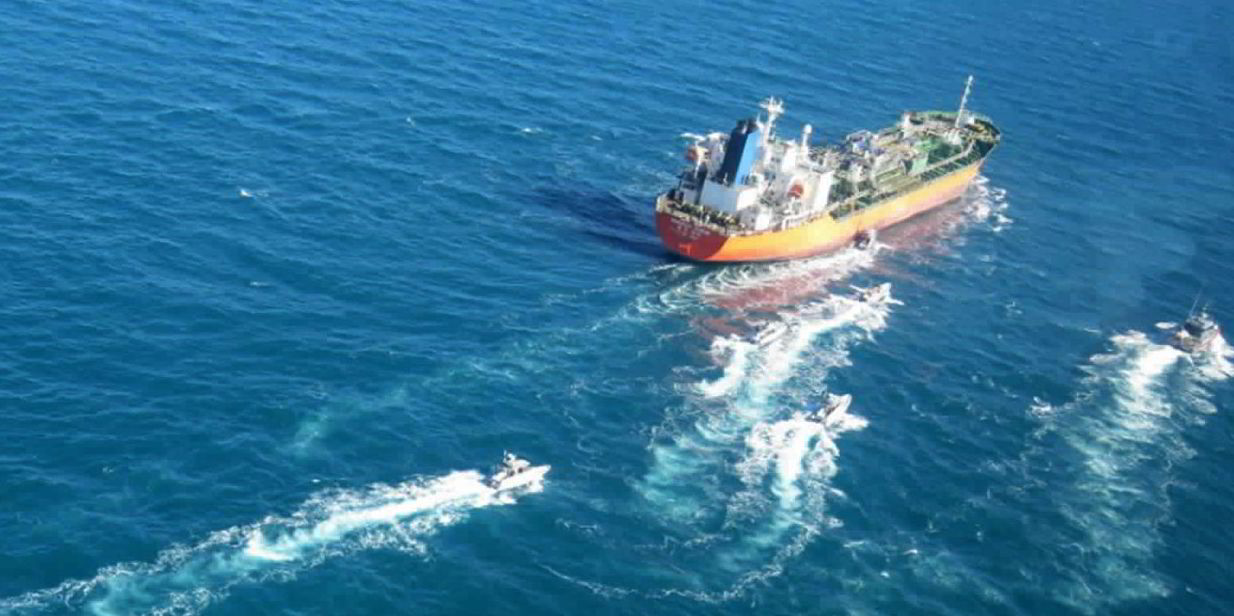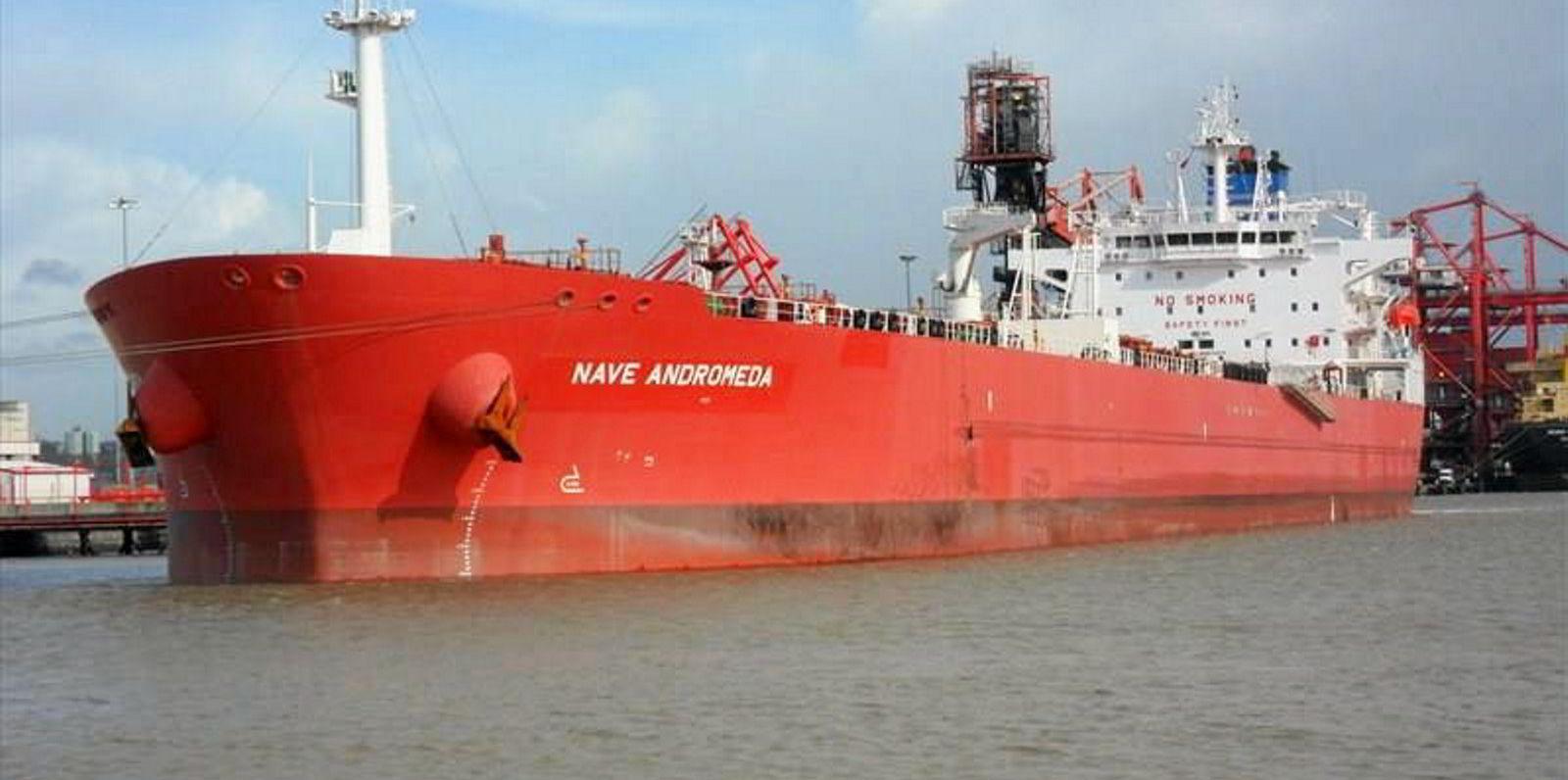Scorpio Tankers is predicting a boost to product carrier tonne-miles as inefficient older refineries are closed.
About 14 plants face closure worldwide this year and in 2021, the world's biggest clean tanker company said in a presentation to investment bank Fearnley Securities.
One specific case mentioned was BP's decision to end production at its 146,000 barrel per day (bpd) Kwinana refinery in Australia at the end of 2020.
New York-listed Scorpio said Australia already imports more than 50% of its refined products.
To replace the lost Kwinana production, the country would need to bring in 53.3m barrels per year.
Saudi Arabian trips?
Assuming this volume is replaced by imports from Saudi Arabia and Singapore, there would be a need for an extra 18 MRs, or nine LR1s and LR2s each year, Scorpio said.
Seaborne tonne-mile demand would increase 1.4%, the company added.
Refineries are being shut due to tightening environmental rules and overseas competition. Some plants are being converted to biofuel production.
The Middle East is adding over 1m barrels of refining capacity at the same time, however. This is due to come online in the next few months.
Australia’s closure of its refineries over the past seven years has already added 67bn tonne miles to regional tanker trades, according to UK shipbroker SSY.
Between 2012 and 2015, BP shut its Brisbane refinery with a crude processing capacity of 102,000 bpd, while Ampol closed its 135,000-bpd Kurnell refinery and Shell its 75,000-bpd Clyde plant, both near Sydney.
Viva Energy and Ampol are also considering closing their refineries at Geelong, southwest of Melbourne, and at Lytton, near Brisbane.
Asian demand surges
"Despite a significant recovery in oil demand since April, global demand continues to balance its recovery with the impact of the pandemic," Monaco-based Scorpio said.
"Asia demand for refined products has surged and [is] expected to continue through their sustained recovery in manufacturing and economic activity."
Demand in Europe and North America has lagged, the owner added, but is forecast to accelerate as vaccine implementation increases personal mobility and demand for gasoline, diesel and jet fuel.
Floating storage inventories continue to decline as land-based inventories remain well below the third quarter of 2020, the shipowner said.
The amount of oil stored on vessels has fallen from 107.3m barrels in May to 31.3m barrels this month.
Youth is everything
Led by chief executive Emanuele Lauro, Scorpio controls 135 MRs and LRs with an average age of 5.1 years. Of these, 97 have scrubbers fitted.
Certain key customers will only employ product tankers of 15 years and younger, the shipowner said.
"This limits trading opportunities for older tonnage and creates a two-tiered market," the company added.
In turn, this forces owners to consider switching into crude markets, or converting or scrapping ships.
There are currently 652 product tankers that are 15 to 19 years old, and an additional 957 vessels turning 15 over the next five years, Scorpio has calculated.
With only 174 ships on order and the potential for new environmental regulation, the active product tanker fleet could experience a continued reduction in supply, the company believes.







